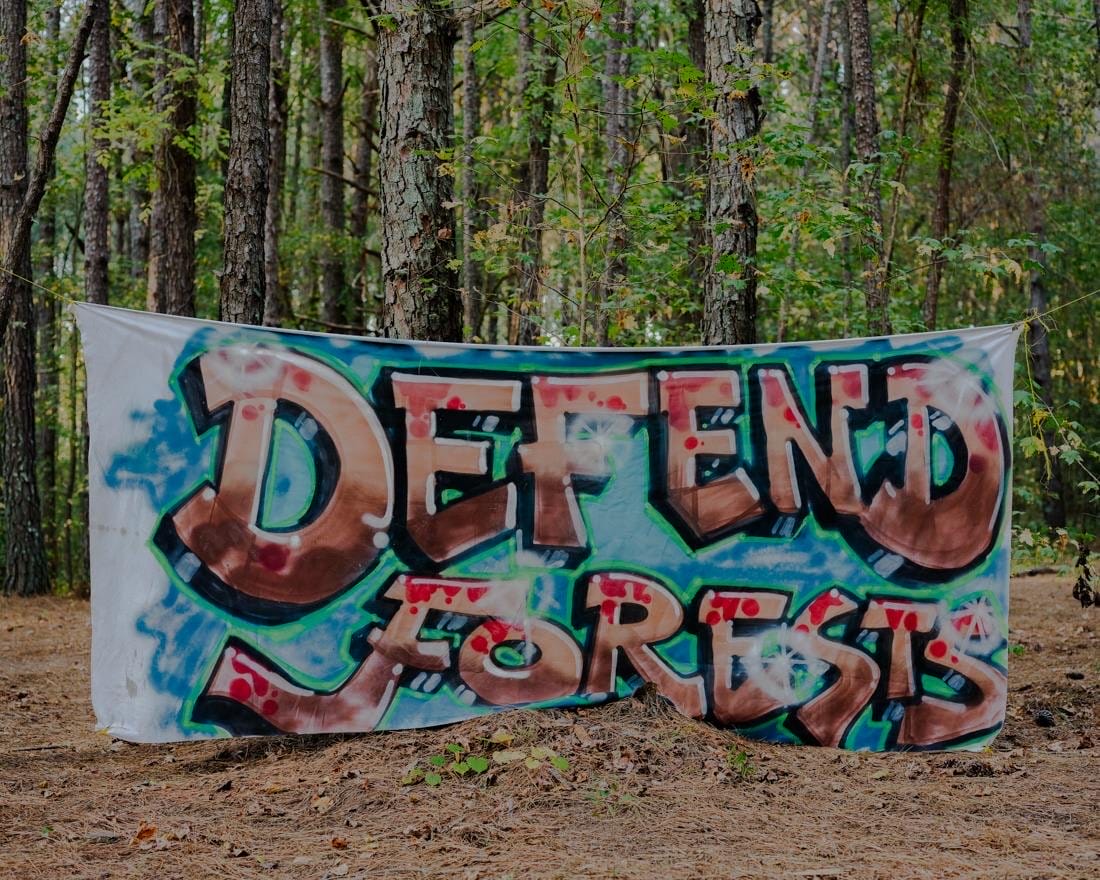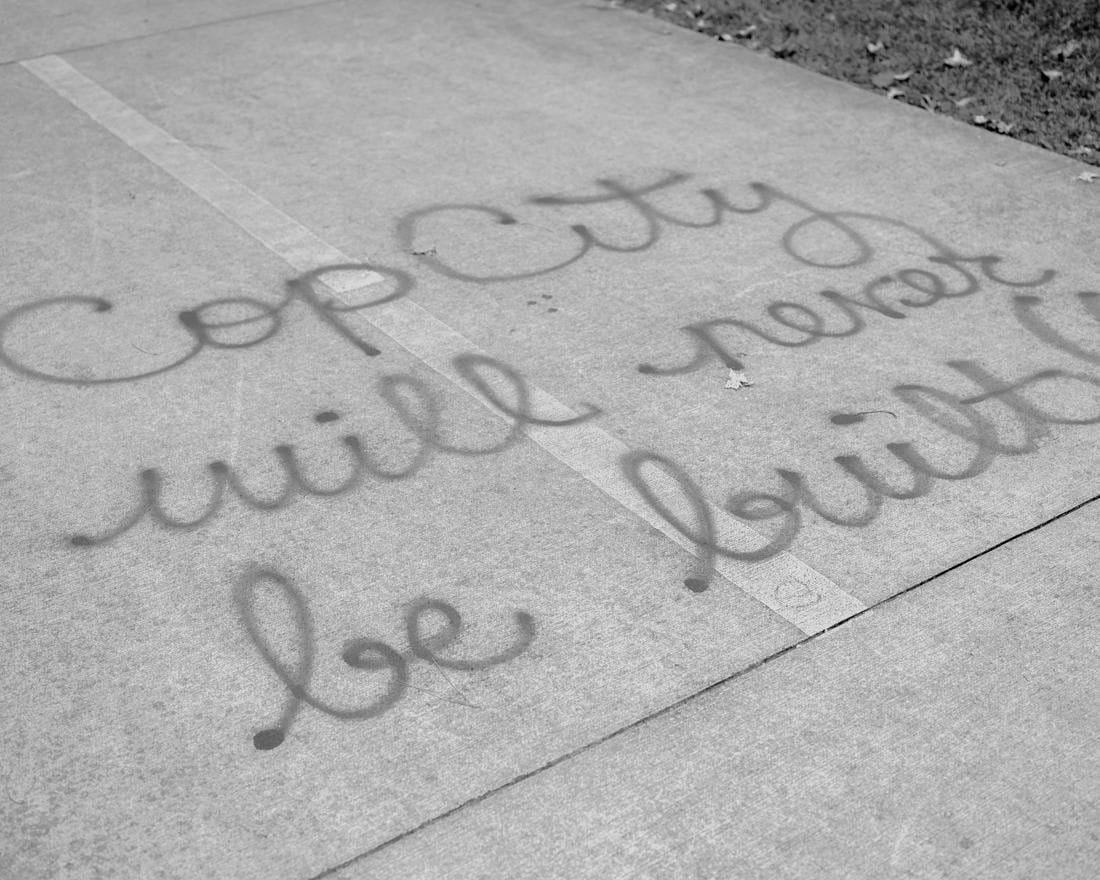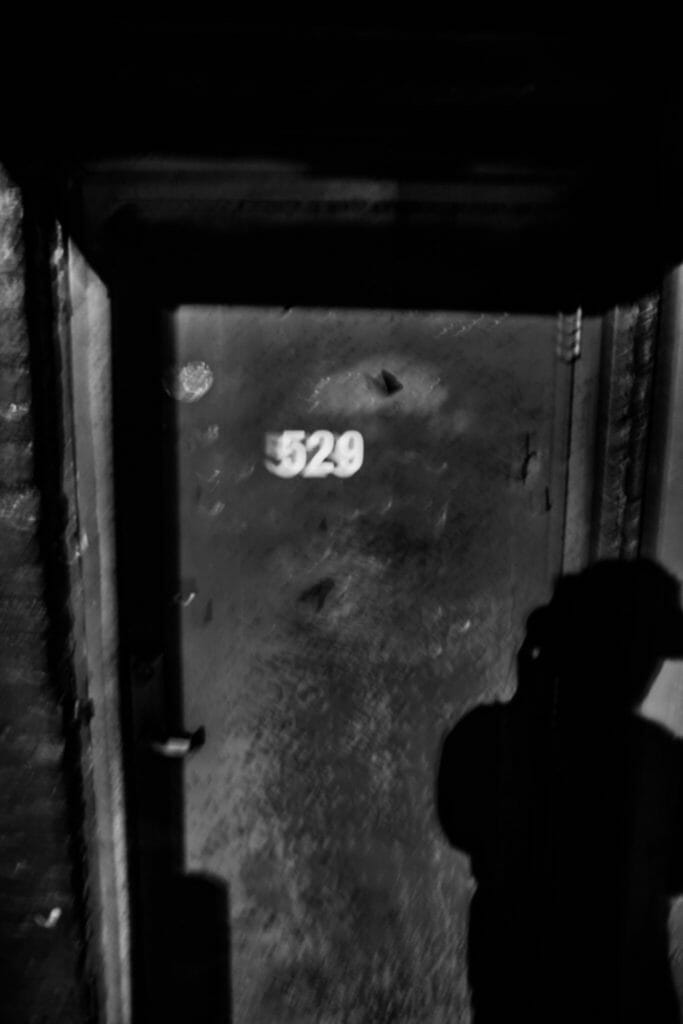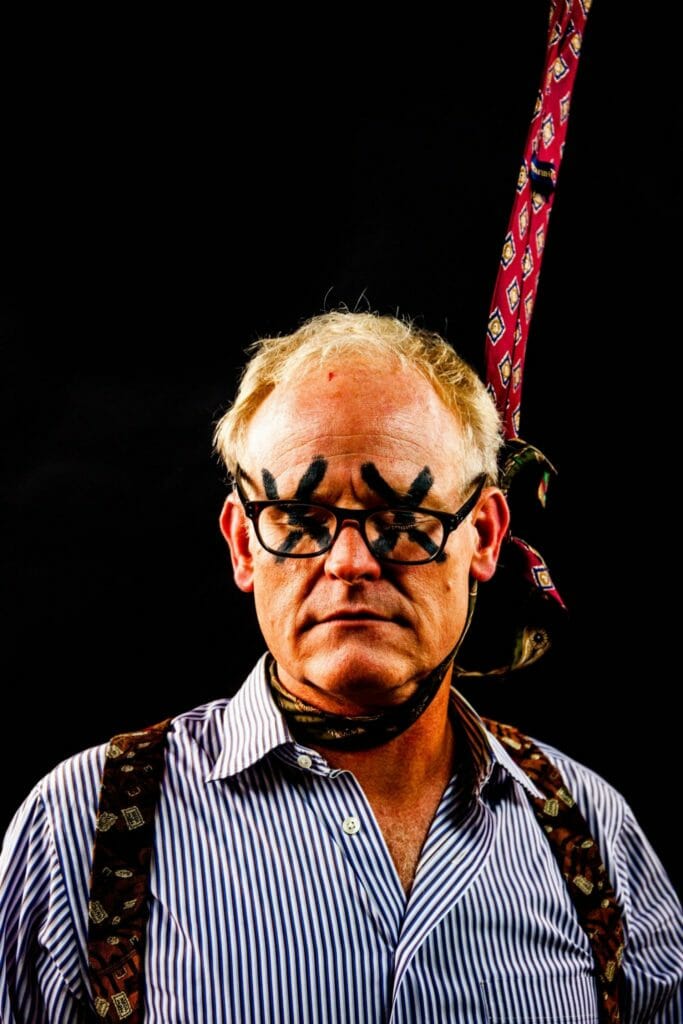Gender non-conforming arrestees face harsher police violence and incarceration conditions than cisgender protesters
Vienna Forrest could tell from the bleak light shining in her cell that it was well past the scheduled time for her bond hearing. It was her third full day of solitary confinement in Dekalb County Jail. Forrest, a transgender woman, is a “forest defender” in the Stop Cop City movement in Atlanta.
Just days prior, on Dec. 13, 2022, Forrest was arrested by the Georgia Bureau of Investigation during a raid of the Weelaunee Forest. Forrest is one of many protesters against the construction of the $109 million police militarization facility being built in the predominantly low-income, Black unincorporated DeKalb County. Since the movement to Stop Cop City began, queer and trans youth like Vienna have played a significant role—and have also been distinctly vulnerable to violent policing and incarceration.
Upon her arrival to the jail, Forrest was brought to a male doctor without explanation. The doctor asked Forrest to reveal herself. Then, a sheriff took her to a sound-proofed corner cell with a broken sink and shower, and no lights. It was Christmas eve.
She was never given an explanation for her time in solitary. While in confinement, she was only given one-third of her hormone dose (possibly due to a community call-in campaign to demand she be provided medication).
The next day, she was taken to the alternative living pod, or “alt living.” Alt living, she said in an interview with Mainline, housed “a bunch of gays and queers” separately from general population. Forrest spent one day in alt living before being bailed out on Dec. 29.
Charley, a trans, non-binary protester, was arrested on April 28, 2023, in Bartow County, Georgia, for distributing flyers about Georgia State Patrol trooper Jonathan Salcedo. (Salcedo is one of six state troopers involved in the shooting death of queer nonbinary 26-year-old activist Manuel “Tortuguita” Terán.) For four days, Charley was placed in “double isolation,” in a freezing cell with the lights turned on for all hours of the day, checked on every hour or two with no access to a phone, kiosk, or other inmates.
Similarly to Forrest, Charley’s solitary confinement was unexplained. When they had a correctional officer look up why they were immediately placed in solitary, they were told the reason “wasn’t even in the system.”
In September, the Georgia Attorney General announced its sweeping indictment that charges 61 people with racketeering and conspiracy for their protest against the facility; the construction of which has already claimed one queer nonbinary young person’s life. Both Forrest and Charley are included in the indictment.

Noah Grigni, a trans non-binary artist and lifelong Atlanta resident, is being charged with obstruction of law enforcement and criminal trespass after they were arrested with two others during a weekly picket event outside the construction site for Cop City. Once taken to DeKalb County Jail, Grigni was misgendered, separated from their fellow arrestees, and interrogated by officers.
“Did you have the surgery?” Grigni recalls an officer asking them, as if there is only one surgery trans people get. Grigni was then extensively x-rayed in their private areas while guards snickered, saying, “Look at that.” Another guard referred to Grigni as “it.” After hours without water, Grigni was put into a solitary holding cell.
Grigni saw another trans person in the jail who was held in solitary confinement, apparently for months. They heard the person banging on their cell door while being ignored by officers. Grigni told Mainline that the guards “treated them like an animal.”
The National Center for Transgender Equality states that “one of the most important constitutional protections for prisoners is the Eighth Amendment, which prohibits cruel and unusual punishment.” According to the Mandela Rules, which is the United Nations’ standards for imprisoned people, indefinite solitary confinement (which Forrest, Tennenbaum, and Grigni all experienced, indiscriminately) is torture and constitutes “cruel, inhuman or degrading treatment or punishment.”
Carceral violence against queer and trans people is not isolated to Stop Cop City activists, nor is it a new feature of capitalist mass incarceration. Christy Perez, also known as C. Dreams, is a mixed-race transsexual woman, journalist, advocate, and litigator who has spent 13 years incarcerated in Georgia prisons. In 2015, Dreams filed a lawsuit against prison medical staff who denied her hormone therapy. She wrote her brief from a solitary cell in Valdosta State Prison. Dreams argued that her Eighth Amendment rights were violated because the staff’s failure to provide hormone therapy constituted “deliberate indifference” to her medical need.
Dreams won the case and went on to file two more lawsuits advocating for gender affirming treatment, such as housing in women’s facilities and facial hair removal. Other well-known litigators like Ashley Diamond, who spent years in Georgia Department of Corrections (GDC) maximum security prisons, fought and won cases to change policies from inside.
In January 2024, the federal government filed a statement of interest in favor of Jane Doe, an anonymous trans woman in Phillips State Prison, suing for violations of the Eighth Amendment, American with Disabilities Act, and Rehabilitation Act. Her lawsuit ended the blanket ban on gender-affirming surgery in the GDC.
Despite these successful lawsuits and constitutional protections, it appears that there has been no system of accountability or change to deter ongoing discrimination and cruel and unusual punishment for trans and gender-nonconforming people who get caught in the web of violent policing and incarceration, oftentimes simply for existing. These standards were all violated in Forrest, Tennenbaum, and Grigni’s cases, and there are certainly many other cases like theirs in the Stop Cop City movement and beyond.
Dreams has written about GDC’s worsening crisis and inhumane conditions at length, documenting from the inside. Dreams says she was housed in solitary confinement “because of conflicts with the institutional structure.” She adds that isolation is an institutional practice that is “retaliation, because you have the audacity to exist in a way that is discomfiting.”
The GDC has been under investigation by the Department of Justice through two different probes for more than seven years now. Further, DeKalb County Jail is renowned for its extremely inhumane conditions, which have been recounted by other Stop Cop City protesters who were held in the jail for baseless charges. While Forrest was being held in solitary, inmates Anthony Lamar Walker (34) and Jackson Orukpete (57) were found dead in their cells in another wing of the jail on Dec. 27, 2022.
Charley’s experience in jail reinforced their understanding of what it means to be a queer person in the Stop Cop City movement. According to them, existing on the margins as queer is a “lived critique of power.” For Charley, queer trans people are already “being pushed out” by power structures that create cis-hetero normative societal standards, and they must build alternative means of survival while fighting the oppressive forces therein. Thus, their struggle is intimately connected with the abolitionist demands of the Stop Cop City movement.
“Queer people in the movement are aware that the police state wants to eradicate us,” Grigni asserts in an interview. “That puts us in a position where we have less to lose … we’ve already come to terms with what is difficult for most people to realize: that these systems must be abolished.”

Dreams finds that in modern anti-policing movements, much of the ire of state repression is being directed at queer people, particularly young queer people.
“Whenever you want to take the wind out of the sails of a movement, you attack its youth,” she explained while noting targeting of young queer activists as an “intimidation tactic.” Dreams urges queer activists like herself to “make an intersectionality around our diverse rights movements with the movements for decarcerality and policing and accountability, but also climate and sustainability.”
Dreams worries that if intersectionality is not created in movement spaces, queer and trans people could “pay some of the highest interest rates for it.”
Forrest felt like the movement was over in Dekalb County Jail. It wasn’t until she received a message from Tortuguita, her then-partner, through a jail phone that she felt some semblance of hope.
In their message, Tortuguita told her, “Cop City will never be built.” Today, Forrest and countless others across the world remain in the struggle to Stop Cop City.



